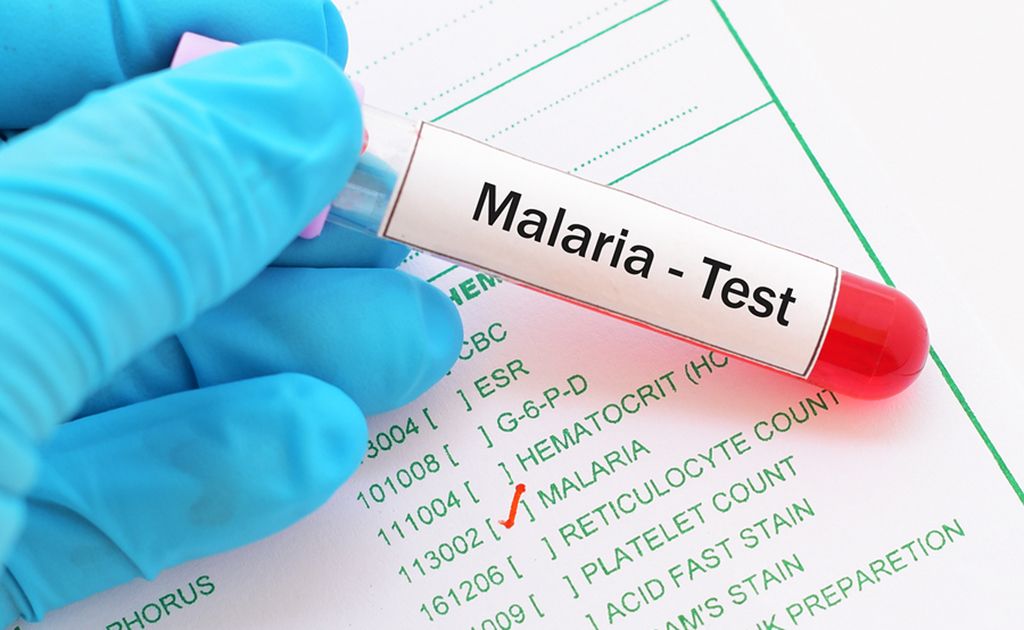Top Tips On How To Avoid Malaria
Currently, there are no vaccinations for malaria. So it is important to follow preventive measures. Here is a brief description of what the disease is and a few preventive measures that you could do!

Malaria is a dangerous ailment. It's commonly transmitted through the bite of an infected Anopheles mosquito that carry the Plasmodium parasite.
At the point when this mosquito bites you, the parasite is discharged into your circulation system. Once the parasites are inside your body, they travel to the liver, where they grow and develop. After a few days, the developed parasites enter the circulation system and start to contaminate the red platelets.
Within 48 to 72 hours, the parasites inside the red platelets increase, making the contaminated cells burst. The parasites will keep on contaminating red platelets bringing about various symptoms, which will occur in cycles that may last two to three days at a time.
Malaria is ordinarily found in tropical and subtropical atmospheres where the parasites can live. The World Health Organization (WHO) reports that, in 2016, there was an estimated 216 million instances of jungle fever in 91 nations.
Currently, there are no vaccinations for malaria., soo it is important to follow these preventive measures:
Sleep In a Mosquito Net
Although simple, this preventive measure is actually one of the most effective. If set up properly, having a mosquito net protects you from bites. It not only ensures that you get a good night’s worth of proper sleep, but also ensures that you are free from this deadly disease.
Bug Spray
Bug spray can be easily bought in groceries, malls, and even your nearest pharmacy. If you aren’t comfortable with buying store-bought repellents, you may also opt to making your own personal bug repellent.
Clean Your Surroundings
Any disease which involves mosquitoes (e.g. dengue) will always have this as a preventive measure. Mosquitoes lay their eggs in stagnant water, and to avoid an infestation of these parasites, it is best that you keep your environment clean and free from any “mosquito prone” places to keep you and your family safe.
Check the Malaria Risk
Lastly, whenever you go to places you are not familiar with, make sure to check the malaria risk of the area so that you can prepare accordingly. If even after research you still don’t know the malaria risk of an area, it is better to come over prepared rather than under prepared. Ensure your safety by wearing long sleeves and pants, or anything that will help cover your skin so that mosquitoes will not be able to bite you.
To talk more with a medical practitioner regarding your health, simply head to SeeYouDoc and filter through doctors based on their name, practice, and location!
References: Healthline
